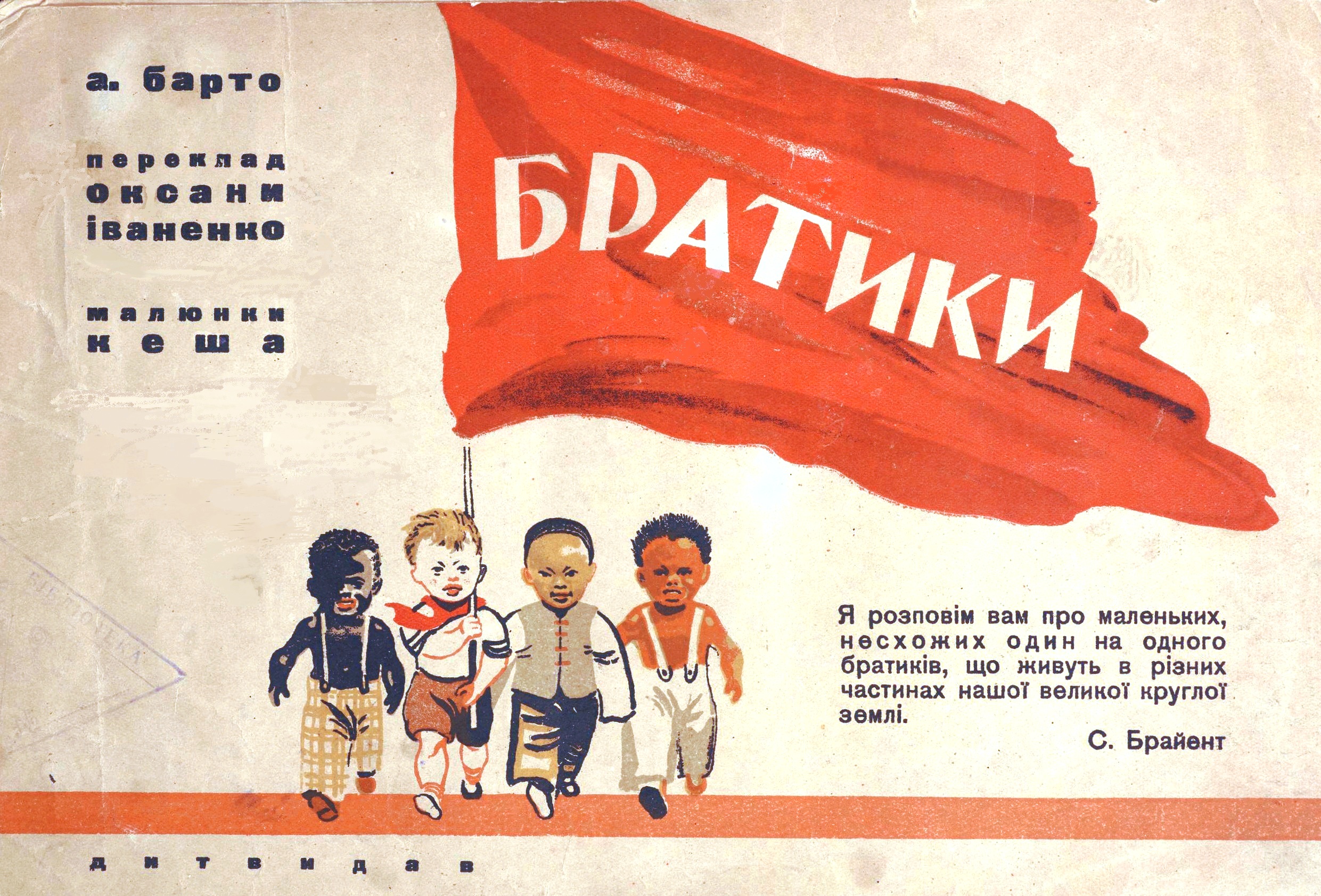This symposium is intended to be the first in a series of interdisciplinary symposia at Princeton which would map out approaches to studying the dual verbal-visual representation of the communist imaginary and sensibility, by engaging its various exponents in different divisions of Princeton University Library’s collection: the Cotsen Children’s Library, the Marquand Library of Art and Archaeology, the Graphic Arts Collection and other components of the Department of Rare Books and Special Collections.
Papers will be submitted in advance. During the symposium, each presenter will have up to 10 minutes to emphasize key aspects of the paper, after which it will be discussed first by the discussants and then – by all the participants.
Working languages: English and Russian.
 Friday, May 1, 2015
Friday, May 1, 2015
Bobst Hall, Room 105
9:00 – 9:50 Robert Bird (University of Chicago)
Model Objects and Model Subjects
Discussant: Maya Vinokour (University of Pennsylvania)
 10:00 – 10:50 Serguei Alex. Oushakine (Princeton University)
10:00 – 10:50 Serguei Alex. Oushakine (Princeton University)
Posterizing the Revolution: On Graphic Language of Children’s Books
Discussant: Bradley Gorski (Columbia University)
11:00 – 11:50 Kevin Platt ( University of Pennsylvania)
From Revolutionary Dynamism to Plan and Program: Visualizing Temporality in Soviet Children’s Culture
Discussant: Siarhei Biareishyk (New York University)
12:00 – 12:50 Katherine Hill Reischl (Princeton University)
Soviet Wings: From Aerosleds to Aeroplanes
Discussant: Marlow Davis (Columbia University)
2:00 – 2:50 Michael Kunichika (New York University)
The Camel and the Caboose: How to Teach Children about Uneven Development
Discussant: Susanna Weygandt (Princeton University)
3:00 – 3:50 Thomas Keenan (Princeton University Library)
Amerika – Industry, Energy and Ideology in the Imaginary America of Early-Soviet Illustrated Books for Young Readers
Discussant: Abigail Kret (Princeton University)
4:00 – 4:50 Maria Litovskaia (Ural State University)
«Учимся слушать голос власти»: как рассказывать подростку об очень скучных вещах
Discussant: Pavel Khazanov (University of Pennsylvania)
5:00 – 5:50 Erika Wolf (University of Otago)
Removing the Veil: LEF Photography in the Magazine “Pioneer”
Discussant: Philip Gleissner (Princeton University)
6:30 – 8:00
219 Aaron Burr HallThe Keynote Address:
DMITRY BYKOVTHE GOLDEN KEY TO BLIND BEAUTY:
Reading the Russian Revolution Through Soviet Children’s Literature
Saturday. May 2, 2015
103 Chancellor Green
10:00 – 10:50 Helena Goscilo (Ohio State University)
Edifying the New Soviet Child in Boris Kustodiev’s Soviet Paradise
Discussant: Irina Denischenko (Columbia University)
11:00 – 11:50 Marina Sokolovskaya (Ural Federal University)
“Ослепительный свет в лицо”: портрет Ленина и обретение дома в детской книге
Discussant: Daniil M. Leiderman (Princeton University)
12:00 – 12:50 Stephen Norris (Professor (Miami University, USA)
Young Soldiers at Play: Soviet Children’s Books and the Red Army
Discussant: Gabriella A. Ferrari (Princeton University)
2:00 – 2:50  Marina Balina (Illinois Wesleyan University)
Marina Balina (Illinois Wesleyan University)
Stories of Little Brothers: Depicting Proletarian Internationalism in Soviet Children’s Literature of the 1920s-1930s
Discussant: Emily Wang (Princeton University)
3:00 – 3:50 Christina Kiaer (Northwestern University)
“Afrika” and “Iskorka”: Racial Enlightenment in a Soviet Children’s Journal
Discussant: Ksenia Nouril (Rutgers University)
4:00 – 4:50 Birgitte Beck Pristed (Aarhus University)
From Paper to Screen: The Materiality of Early Soviet Children’s Books
Discussant: Tyler Adkins (Princeton University)
5:00 – 5:50 Yuri Leving (Professor (Slavic), Dalhousie University, Canada)
Silent Films and Talking Books: Soviet Artists as Cineastes
Discussant: Natalia Klimova (Princeton University)
6:00 – 6:50 Nariman Skakov (Stanford University)
Of Granddads and Guns (On Andrei Platonov’s “July Thunderstorm”)
Discussant: Massimo Balloni (Princeton University)
The Symposium is sponsored by:
Program in Russian, East European and Eurasian Studies
Princeton University Center for Human Values
Department of Slavic Languages and Literatures
Princeton Institute for International and Regional Studies


